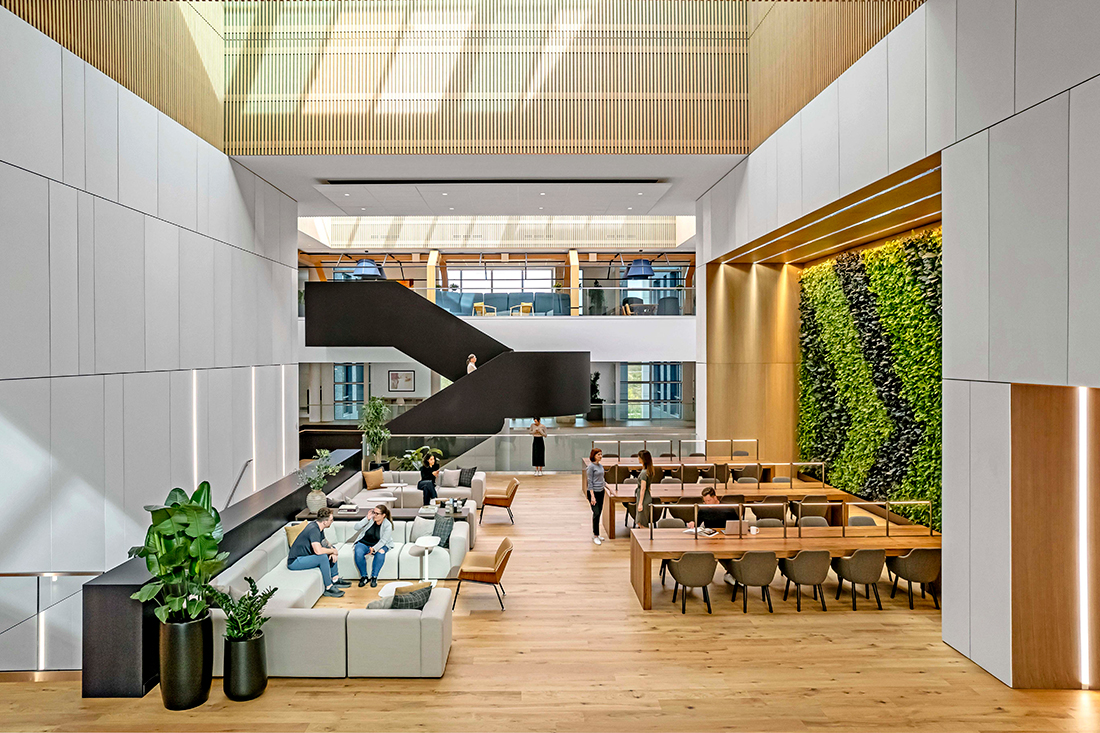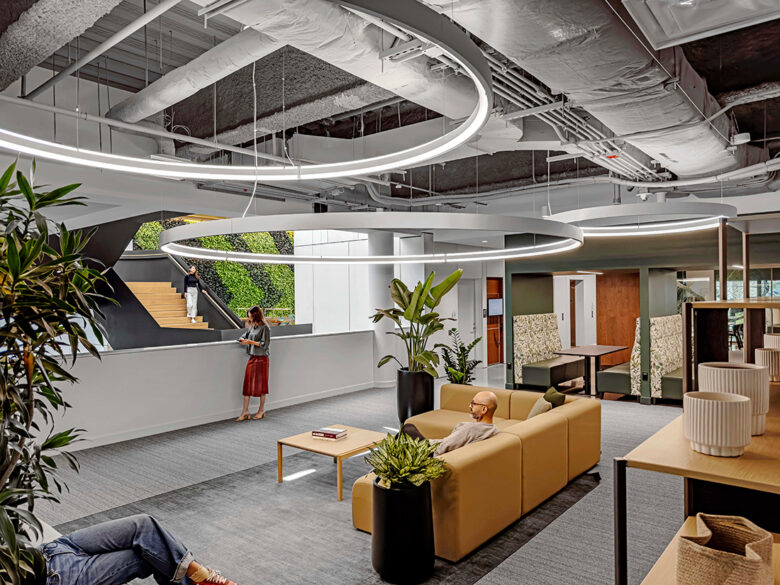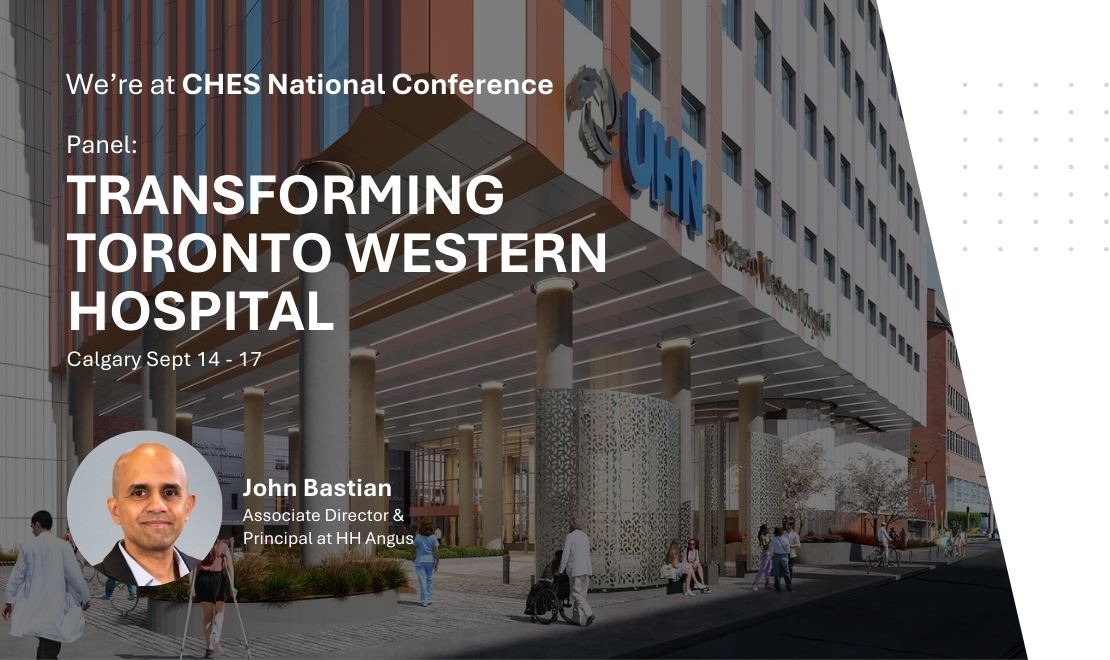
This week we’re at BUILDEX Alberta and our panel is unpacking how smart building solutions help asset managers future-proof properties and avoid the risk of stranded assets.
The expert panel explains how:
⚡ IoT-enabled predictive analytics
🌍 Real-time ESG reporting
🔋 Automated electrification management
…can all drive resilience, compliance, and competitiveness. The panelists are:
- Akira Jones – Director, Digital Services | HH Angus
- Mike Hassaballa – Lead Consultant, Energy Infrastructure | HH Angus
- Michael Colicchio – Smart Buildings Applications Lead | Schneider Electric
- Matthew Losey – Smart Buildings Solutions Consultant | Schneider Electric
Also on hand from HH Angus’ leadership team BuildingsCanada are Phil Schuyler and Diane Lee, along with Barett MacLeod and Tenzin Blair from our Calgary office.







